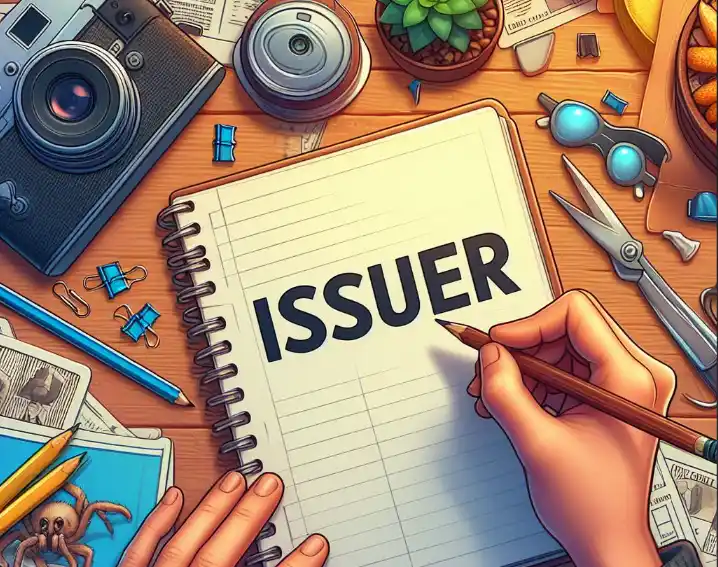Credit Union Rocks: Ditch Your Bank, Join a Family
Okay, friend, listen up. I know banks seem all fancy and official. But here’s the thing: they’re in it for the money—their money. That’s not how credit unions roll. It’s a whole different world.
Picture this: Your credit union is like a financial club. Yeah, but everyone owns it equally, you included. There are no CEOs with yacht money. That profit? It goes straight back to you: better interest on savings, cheaper loans, and maybe even a nice little cash-back perk now and then.
It’s about your community, not Wall Street. Your neighbors are members. Local businesses bank there too. The coffee shop you love, the library—they’re all supporting each other through the credit union. Read More »Credit Union Rocks: Ditch Your Bank, Join a Family
Read More »Credit Union Rocks: Ditch Your Bank, Join a Family








